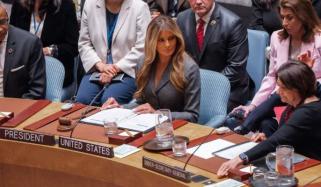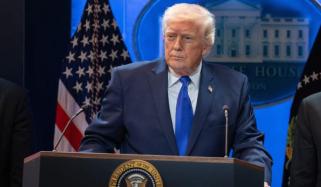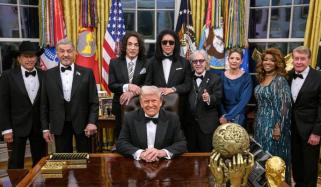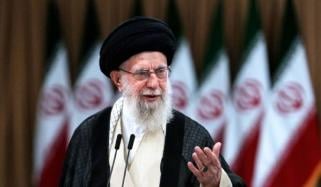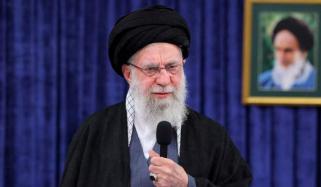_updates.jpg)
Golden snub-nosed monkeys, with their pale blue faces and dense fur, unique to the frigid mountains of central China, have become the country's envoys to zoos in Europe for the first time.
These rare and charismatic monkeys were sent on loan for 10 years from the same government-overseen group that coordinates official panda exchanges.
Similar to "panda diplomacy", some observers cheer new opportunities for scientific and conservation collaboration, while others raise concerns about the welfare of individual animal ambassadors transported around the world.
Following an agreement to mark the 60th anniversary of the establishment of diplomatic relations between the People's Republic of China and France, three golden monkeys arrived at France's Beauval Zoo in the city of Saint-Aignan this April.
Another trio of golden monkeys arrived at the Pairi Daiza zoo in Hainaut, Belgium, in May.
After a monthlong quarantine, the two sets of monkeys made their public debuts. They are reportedly in good health and are adapting to new climates outside of Asia.
At Pairi Daiza, the habitat enclosure for Liu Yun, Lu Lu and Juan Juan includes traditional Chinese gazebos with red columns and grey-tiled roofs.
The zoo is in discussions with China to launch joint research and conservation programmes "similar to those already in place for other emblematic species like pandas," said Anaïs Maury, the communications director for the Beauval Zoo.
Both giant pandas and golden snub-nosed monkeys are endangered animals that are unique to China, and they can only be moved outside the country with approval from the central government.
Within China, the golden snub-nosed monkeys today live across a swath of central and southwestern China that includes parts of Sichuan, Shaanxi, Gansu and Hubei provinces.
The golden snub-nosed monkeys now at zoos in France and Belgium are so far the only ones outside of Asia.

